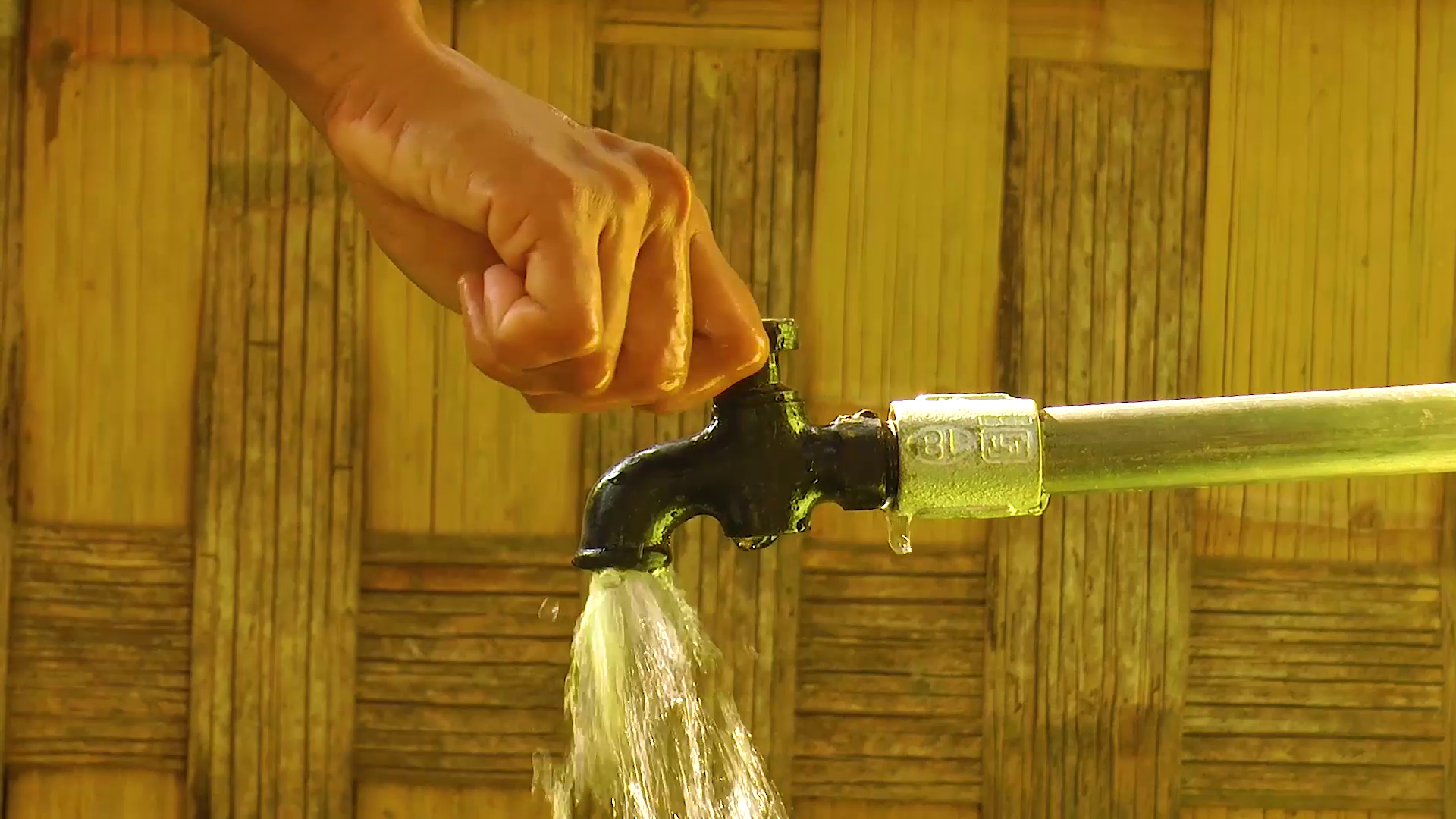Water conservation is critical for ensuring the sustainability of our planet’s most vital resource. As global populations grow and climate change intensifies, the pressure on freshwater supplies increases, making conservation efforts more crucial than ever.
First and foremost, water is essential for all forms of life. Conserving water helps maintain the balance of ecosystems, supporting biodiversity and the natural processes that sustain life. Reduced water consumption helps protect aquatic habitats and the wildlife that depends on them.
Economically, water conservation reduces the costs associated with water treatment and distribution. By using water more efficiently, communities can delay or avoid the expense of building new infrastructure to meet increased demand. This is particularly important in areas facing water scarcity, where the costs of transporting and treating water can be significant.
Moreover, water conservation is vital for ensuring food security. Agriculture accounts for a substantial portion of global water use, and efficient irrigation practices can help ensure that water is available for future food production. This is especially important in regions where water shortages can lead to crop failures and food shortages.
Finally, conserving water helps mitigate the impacts of climate change. Efficient water use reduces the energy needed for pumping, heating, and treating water, thereby lowering greenhouse gas emissions.
In conclusion, water conservation is essential for protecting the environment, supporting economic stability, ensuring food security, and combating climate change. By adopting sustainable water practices, we can secure a reliable water supply for future generations.

